Page count: 259 pages Preview: 30 pages
The Comprehensive Clinician’s Guide to Cognitive Behavioral Therapy eBook
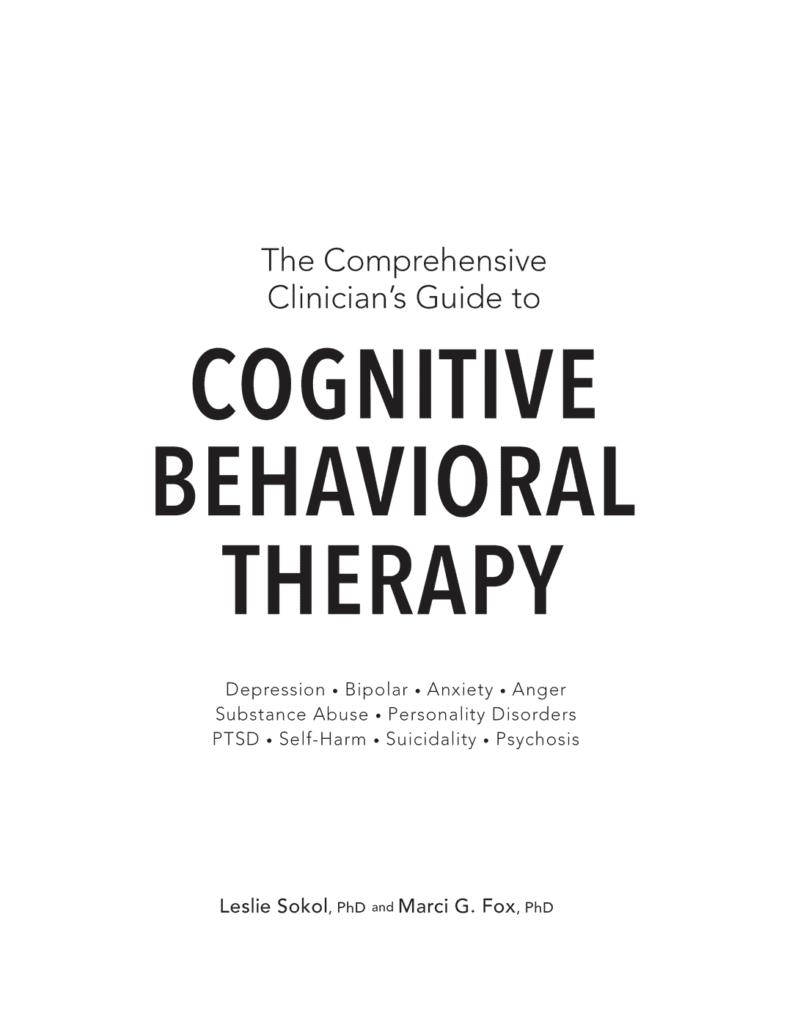
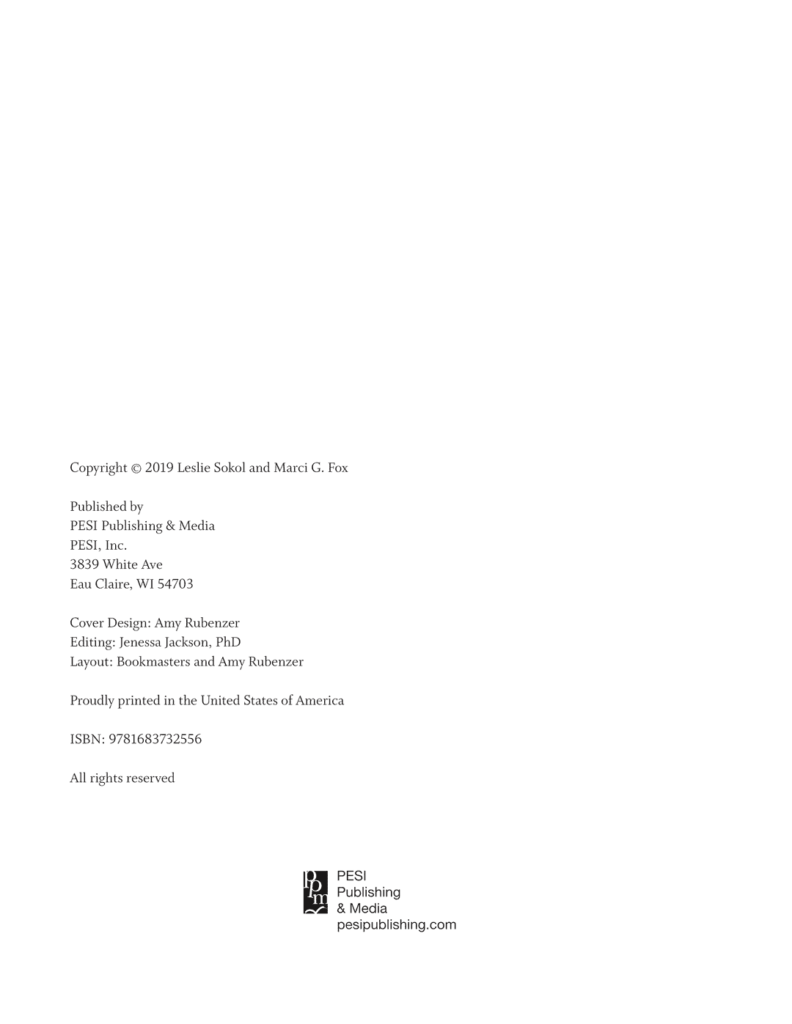
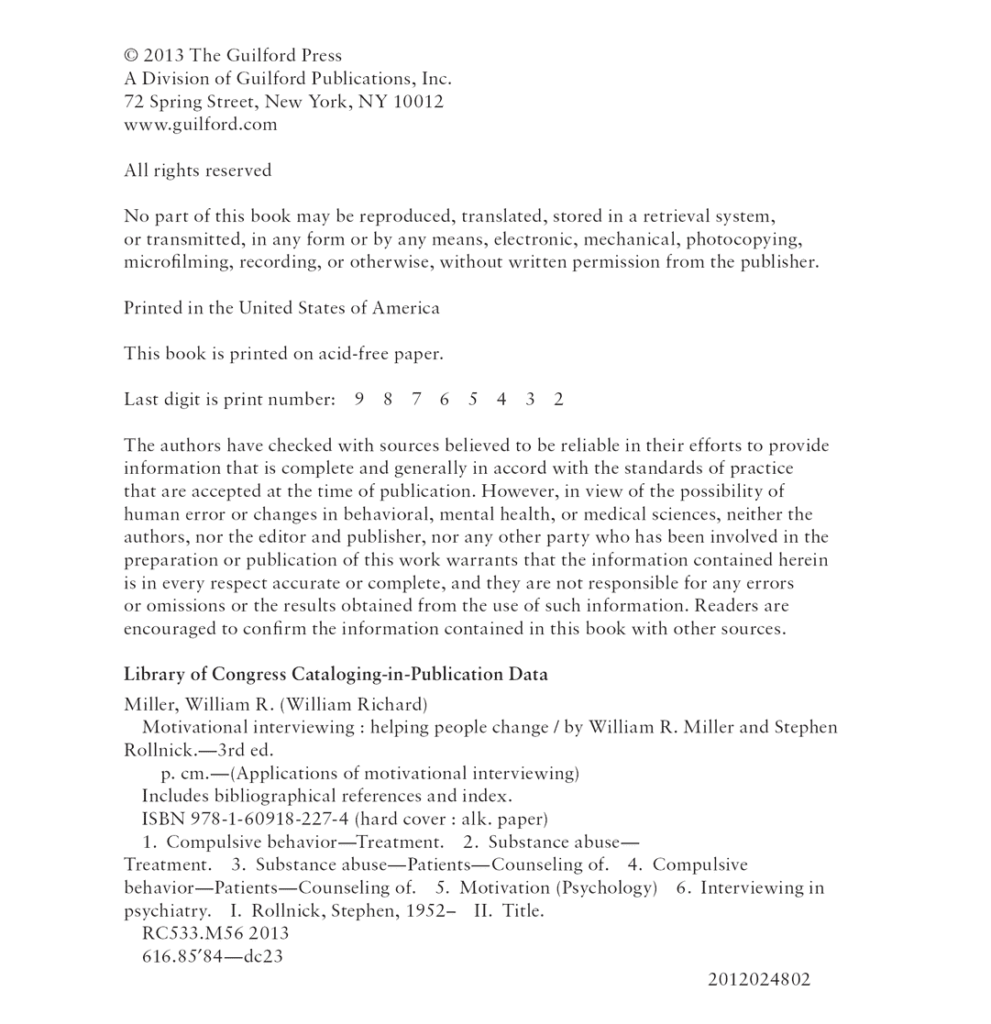
The Comprehensive clinicians Guide to Cognitive Behavioral Therapy Preview
- Publisher: PESI Publishing & Media
- Author: Leslie Sokol , Marci G Fox
- Published: November 12, 2019
- ISBN: 9781683733126
- Language: English
- Extension: PDF, EPUB, MOBI
WHY WE WROTE THIS BOOK
The Comprehensive Clinician’s Guide to Cognitive Behavioral Therapy provides clinicians with a cognitive conceptualization for a multitude of psychological disorders based within the principles of cognitive behavioral therapy (CBT), as well as a variety of CBT-based interventions for addressing these specific difficulties. Our experiences as clinicians, trainers, and supervisors in large-scale CBT dissemination projects have allowed us to create a book that meets the needs of clinicians in community mental health, private practice, and hospital and organizational settings, as well as the needs of supervisors, trainers, and teachers in training programs, practicum settings, and in the classroom. The principles in this book are based solely on the principles of CBT as intended by Dr. Aaron T. Beck. Having had the privilege of being mentored directly by Dr. Beck and working collaboratively with him for over 30 years, we are able to bring his ideas to mental health professionals in an easy-to-understand, practical format.
WHAT IS IN THIS BOOK
This book combines the most current principles of CBT for depression and provides a framework for applying these principles to a variety of clinical issues and diagnoses. Chapter 1 provides a thorough introduction to the principles of CBT, followed by a more specific discussion of the doubt conceptualization model in Chapter 2. Chapter 3 discusses the typical structure of goal-oriented therapy, including how to identify problems, set treatment goals, and structure typical CBT sessions. Chapter 4 presents the guidelines and format for developing a case formulation and accompanying case write-up as delineated by the Academy of Cognitive Therapy, with a sample case write-up included in the chapter. Chapters 5 and beyond provide a framework for understanding the principles of CBT as they are applied to depression, bipolar disorder, anxiety, anger, substance abuse, personality disorders, self-harm and suicidality, and psychosis. In particular, each chapter discusses how each of these clinical issues can be understood through the lens of the cognitive model, in which distorted thinking patterns lead to the development of dysfunctional behavior. We then discuss specifically tailored treatment strategies for each of these issues within a CBT framework, including a variety of step-by-step plans, interactive in-session and out-of-session exercises, and pre-populated coping cards to clearly demonstrate how to put theory into practice. At the core of each of these interventions is a focus on helping clients increase their self-confidence. Building confidence and eliminating self-doubt is the foundation of treatment and a focal point of the interventions we present for each diagnosis and difficulty. This book is not intended as a script to be followed but, rather, as a case-conceptualization-driven guide that can be creatively and flexibly tailored to the specific needs of each individual.
WHO IS THIS BOOK FOR?
This book is designed to help clinicians of all levels of CBT proficiency better serve their clients by gaining expertise in delivering the evidence-based principles of CBT. It is intended for mental health professionals, students, trainers, supervisors, teachers, and clinicians looking for a guide to solidify and grow their clinical knowledge of CBT. This inclusive CBT guidebook equips mental health professionals with the tools needed to teach their clients how to be their own CBT therapist. Indeed, CBT’s most powerful contribution to mental health recovery is the power that it gives to the client in preventing relapse and sustaining recovery. By helping clients learn effective coping skills and building their confidence, CBT gives them tools to be their own therapist and guide as they navigate life. Therefore, this book is a versatile resource for any reader seeking to gain an explicit understanding of psychological problems, as it empowers individuals to be in charge of how they think, feel, and behave.
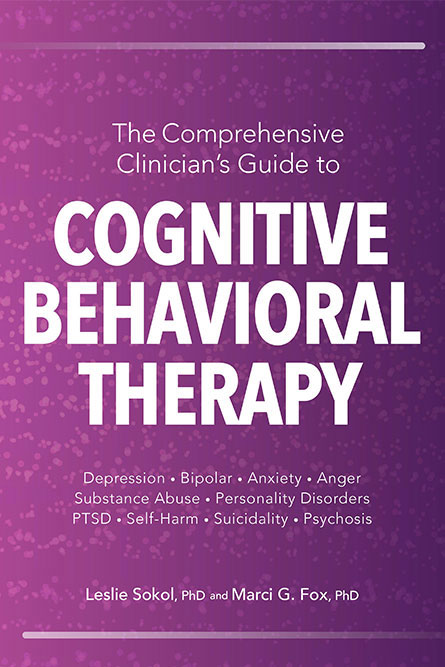
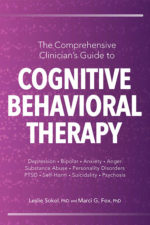


attar794 –
Verified Purchase